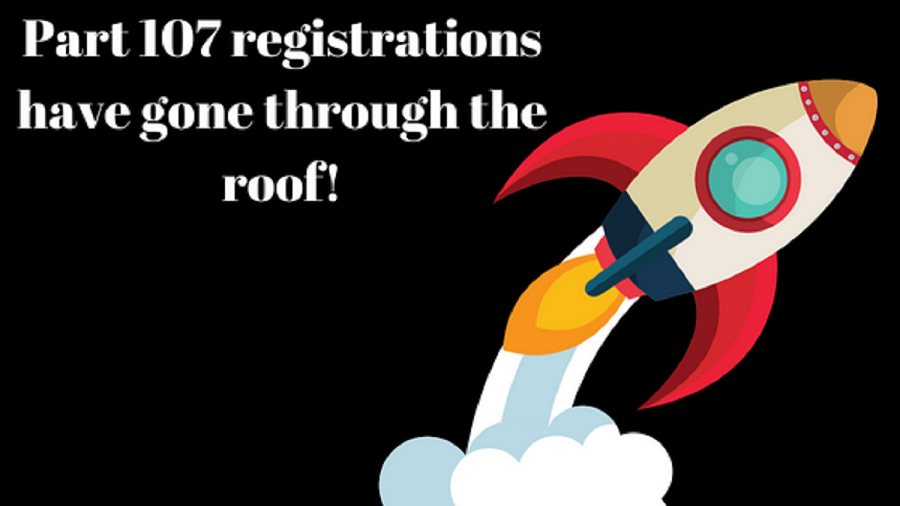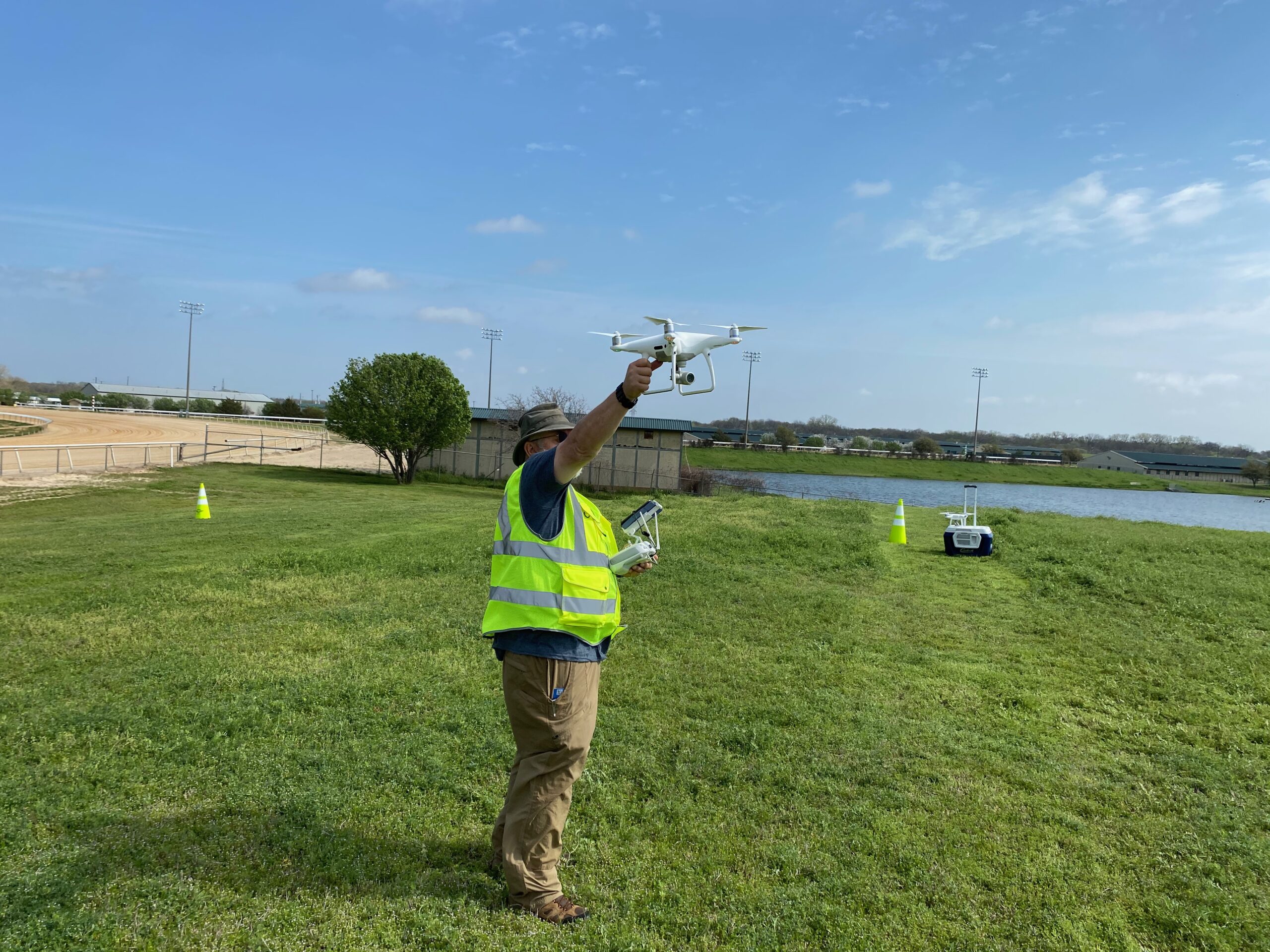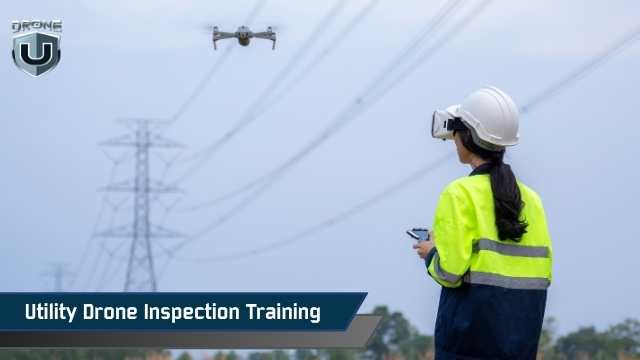The FAA announced that 100,000 Remote Pilot Certificates have been issued since the inception of the Part 107 regulations in 2016. This landmark is indicative of many things, but most of all, it’s a sign that the drone industry is still in a period of sustained growth.
While competition to build a drone business within this space is fierce, there are still plenty of ways to take advantage of opportunities within the budding industry.
Sharpen Your Skill Set in Order to Build Your Drone Business
Be relentless in your pursuit of new skills that stretch you beyond your comfort level. DroneU has courses in several verticals across the drone space that will open your eyes to more opportunities beyond simple photography and videography.
A little investment in yourself as a drone business owner and pilot can go a long way in ensuring you thrive. Mapping, data collection, infrastructure inspections and special operations involving public safety are each areas outside the scope of what most would consider standard UAS operations that may contain lucrative drone business opportunities.
Furthermore, creativity can yield even better ROI when it comes to time spent studying the business. We saw many drones across the country being used creatively as props for Independence Day celebrations.
Upgrade your Equipment
Setting yourself apart by having the latest equipment can mean the difference between securing a job and struggling to stand out among the masses. If you have reliable existing equipment, be sure that you’ve got a diverse set of supplemental tools to maximize the efficiency of the aircraft.
For example, a Phantom 4 Pro should have multiple sets of propellers, remotes and camera lens filters in order to prepare you for sustained performance and nuances of different jobs. Perhaps an Inspire 1 owner, while using a relatively older aircraft, could benefit from the purchase of additional interchangeable cameras.
Understand where you want to go with your drone business, and the answers with respect to equipment will become more apparent.
Networking Will Help You Build Your Drone Business
With 100,000 pilots nationwide, it helps to have allies in the field that you can rely on to share information. This is precisely what makes the DroneU community so valuable.
Others who have been in situations you’re likely to face as you navigate the industry can help you in ways you never thought possible. Recently, I was able to secure a high-paying contract because of a referral I received from a fellow local drone pilot who couldn’t take on the additional responsibility for a particular client due to other commitments.
At the end of the day, the UAS business is about people, as are most businesses. Learning how to work with and leverage your interactions with others will go a long way.
So, what does FAA’s announcement teach us? If this 100,000 milestone has taught us anything to this point, it’s that a lot of people share your same passion for flying. Use it to your advantage.
Check out our Medium page for more such content
Do not forget to subscribe and Listen to Ask Drone U, the #1 drone podcast
Connect with a vibrant drone community by becoming a Drone U member






Add Your Comment